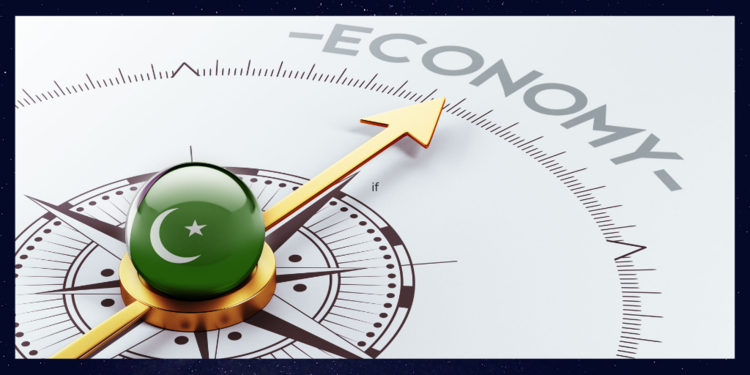Pakistan’s low tax-to-GDP ratio has been a persistent concern for economists both domestically and internationally. The country’s taxation system has often been criticized for being oppressive, flawed, and corrupt. These criticisms are not without merit. Pakistan’s tax-to-GDP ratio has remained at a stagnant 10 percent, significantly lower than the Asia-Pacific average of 19.8 percent over recent years. The country’s taxation system, which has been in need of reform for years, has not seen the necessary changes due to governmental inaction.
One obvious solution to this issue is the expansion of the tax base, a strategy that Islamabad has yet to effectively implement. Instead, the government has focused on tax structures that lack economic rationale. For example, imports are heavily taxed, encouraging firms to prioritize domestic sales over exports, which stifles potential export revenue. This approach protects domestic firms from international competition, reducing their incentive to innovate and compete globally. Consequently, this contributes to Pakistan’s balance of payment problems due to the lack of export-led growth.
Additionally, incomes from agricultural and allied activities, as well as urban properties, are undertaxed. The current incentive structure encourages investment in real estate, a non-tradable sector, rather than in the production of exportable goods. This not only limits investment in expanding production capacity but also benefits the wealthy, creating a scarcity of land for those in need. Moreover, the lack of strong political will to tackle tax evasion and reform the system exacerbates these issues. In 2021, tax exemptions in Pakistan increased by approximately 34 percent to Rs 1.75 trillion, further highlighting the need for reform.
The tax system’s unpredictability and lack of transparency hinder the growth of businesses in Pakistan. The formal sector suffers from delays in tax refunds and poor enforcement, which allows unregistered businesses to thrive at its expense. The elite also plays a significant role in undermining the tax system, with some industries, supported by political influence, evading taxes through illegal smuggling. This is particularly prevalent in the sugar, tyre, and tobacco industries, resulting in significant losses in potential tax revenue.
Multiple tax regimes under income tax create additional burdens and confusion for tax-compliant entities. The lack of tax revenue generation exacerbates fiscal burdens, leaving many public goods unmet or privately provided, which further aggravates the vulnerabilities of the poor. Millions of Pakistanis lack access to potable water, sanitation, and education facilities due to these gaps in public service provision.
The increasing gap between government expenditure and revenue receipts has led to growing budget deficits, driven by declining tax collection. The International Monetary Fund (IMF) has urged Islamabad to implement new and permanent tax reforms to address this resource gap. The tax system currently relies heavily on indirect taxation, with nearly 60 percent of annual tax collection coming from value-added tax (VAT), from which some entities are exempt. The IMF has recommended removing these exemptions to align with international VAT practices. The World Bank has suggested enhancing coordination between federal and provincial governments to streamline tax administration and policy reforms, digitization to reduce compliance costs, and reevaluating concessionary rates on fertilizers.
One of the main objectives of any tax system is to reduce inequalities and ensure economic justice. However, Pakistan’s tax system has shifted away from this welfare-oriented goal, adopting a regressive regime that transfers the burden from the wealthy to the poor. The powerful elite successfully avoid taxes, while the salaried class bears the brunt. This unfair taxation system impacts various aspects of Pakistan’s economy, including trade, employment, public services, production, and businesses, ultimately hindering the nation’s economic growth.

